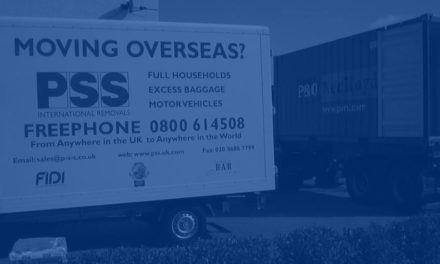This is according to new research from the Molinari Institute. Each year the Institute works out each country’s Tax Liberation Day. This involves them assessing the tax, social charges and VAT each worker pays to the state compared to what they earn in average. They then work out how many days of that year it will take the person to pay it.
In France, it takes until the 29 July for each worker to pay their due, making them the highest taxers in Europe. The study found that in France 57.67% of the cost of the salary goes to the government. This year France has displaced Belgium, who held last year’s tax crown, with their Tax Liberation Day standing at July 27th. Belgians pay 56.9% of their salary to the government, which is a decrease from 59.47% last year. That said, as the report also points out that an increase in taxes on fuel, electricity and other essential services means that Belgians won’t see a real increase in their income.
Good news in Austria has cut its personal income tax rates in 2015, to save the country’s residents from being the most taxed in Europe, which has a huge impact on their Tax Liberation Day. Austria’s day is now July 19th, an incredible 15 days less than the year before.
In debt ridden Greece, it’s no surprise that their Tax Liberation Day has increased by 24 days since 2010. They currently stand at July 7th, having been at June 13 six years prior. With an increase in tax, and a decrease in salaries, their take home pay has dropped by 20% in the same period.
So where is the good news? Well, their are plenty of countries where living as an expat may be a bonus. Cyprus has the lowest income tax rates, at typically 1.5% of gross salary, making it the country with the lowest Tax Freedom Day. Live there and you will have paid back the tax by March 29th.
Malta (April 18), Ireland (April 30th), UK (May 9) and Bulgaria (May 19th) also top the poll. Countries such as Denmark, Luxembourg, Estonia and Spain follow close behind.
Interestingly, in euros, the report found that gross salaries ranged from 5,049€ (Bulgaria) to 54,560€ (Luxembourg). The average gross salary among the 28 states was 26,594€.
The report’s key findings across Europe included:
1. As a single economic entity, typical workers across the European Union saw their average “real tax rate” dip slightly this year, from 45.2% to 45.0%. Since 2010, this figure has risen by 1.0%, due mostly to VAT increases in 20 of the 28 states.
2. 44.4% of all payroll taxes collected in the EU countries – employer contributions to social security paid on top of gross salaries – are largely invisible to employees.
3. More than half (54.9%) of EU citizens are not in the labour force – a figure that is worsening as Europe’s population grows older : Since 2010, the proportion of Europeans outside the labour force has grown by 1 %.
Living overseas is never an easy decision but if you’re hoping to earn a good salary, it might be worth looking at the list in full to see exactly where your Tax Liberation Day may be. For a full list visit this website.
If you are considering a move abroad PSS International removals can help. We are a family run company and our desire is to ensure your family receives a friendly, professional and stress free overseas move. We have specialised in international removals for over 34 years, so whether you are planning on sending a full or part household removal, excess baggage or a vehicle we recognise the importance of ensuring our customers receive the same level of care and attention that we would expect ourselves.
Contact us now for a free estimator’s survey, or simply fill in our online moving or baggage quote form.






